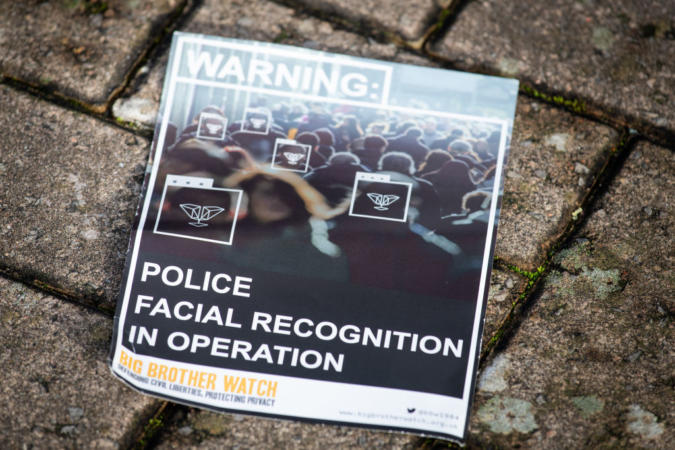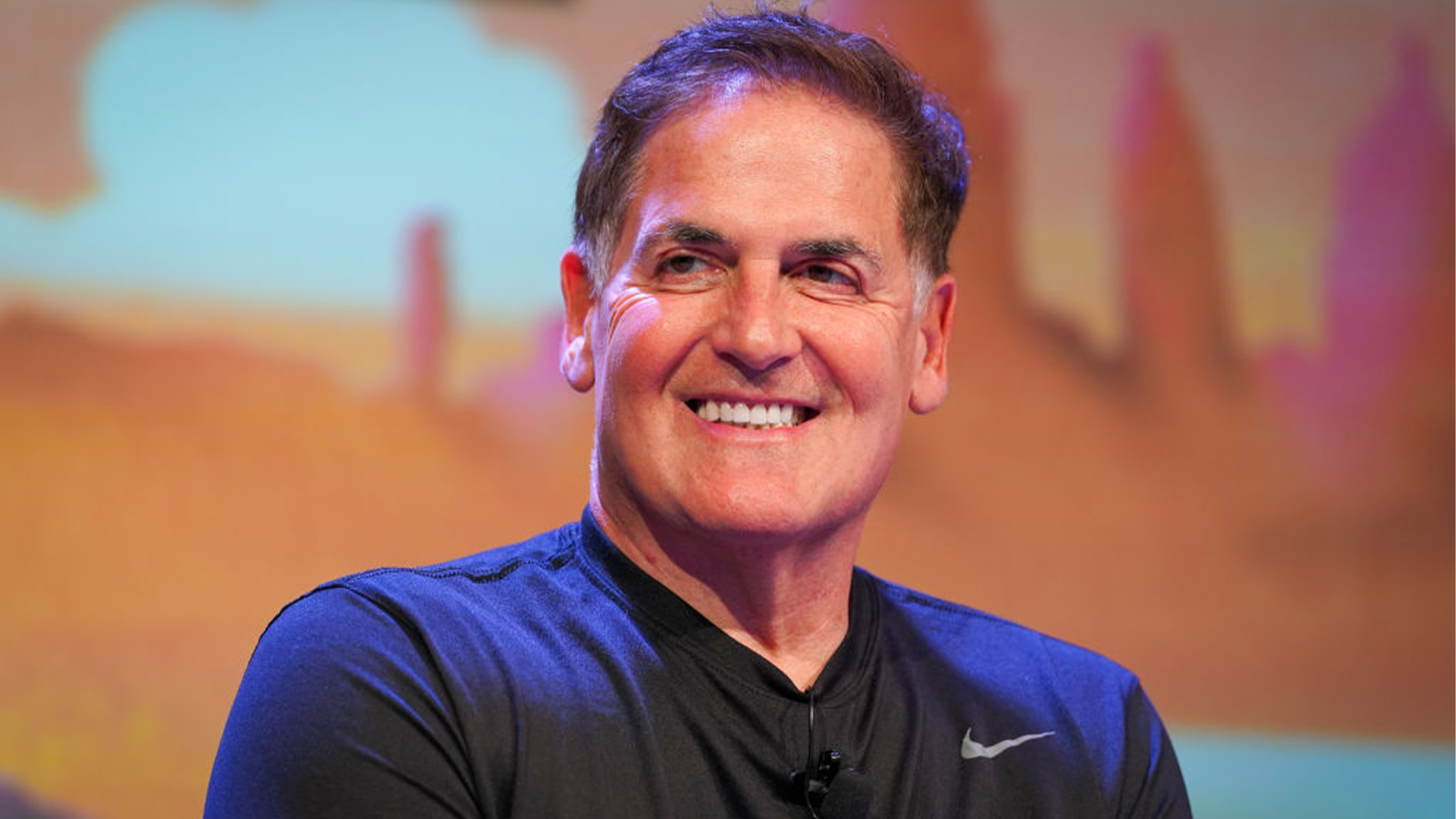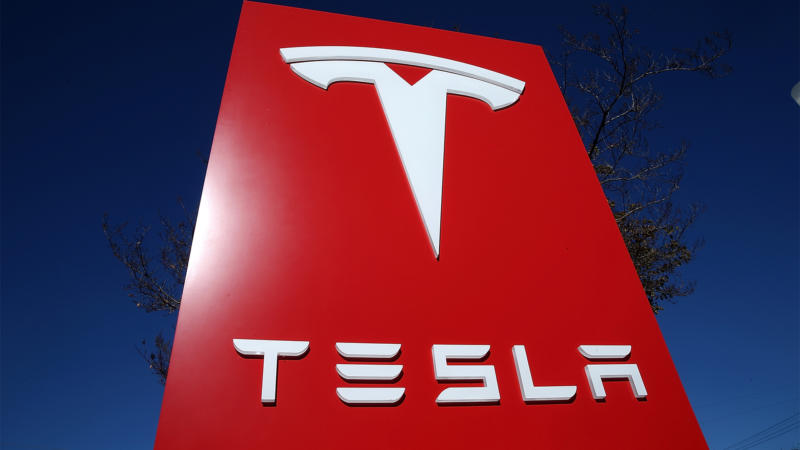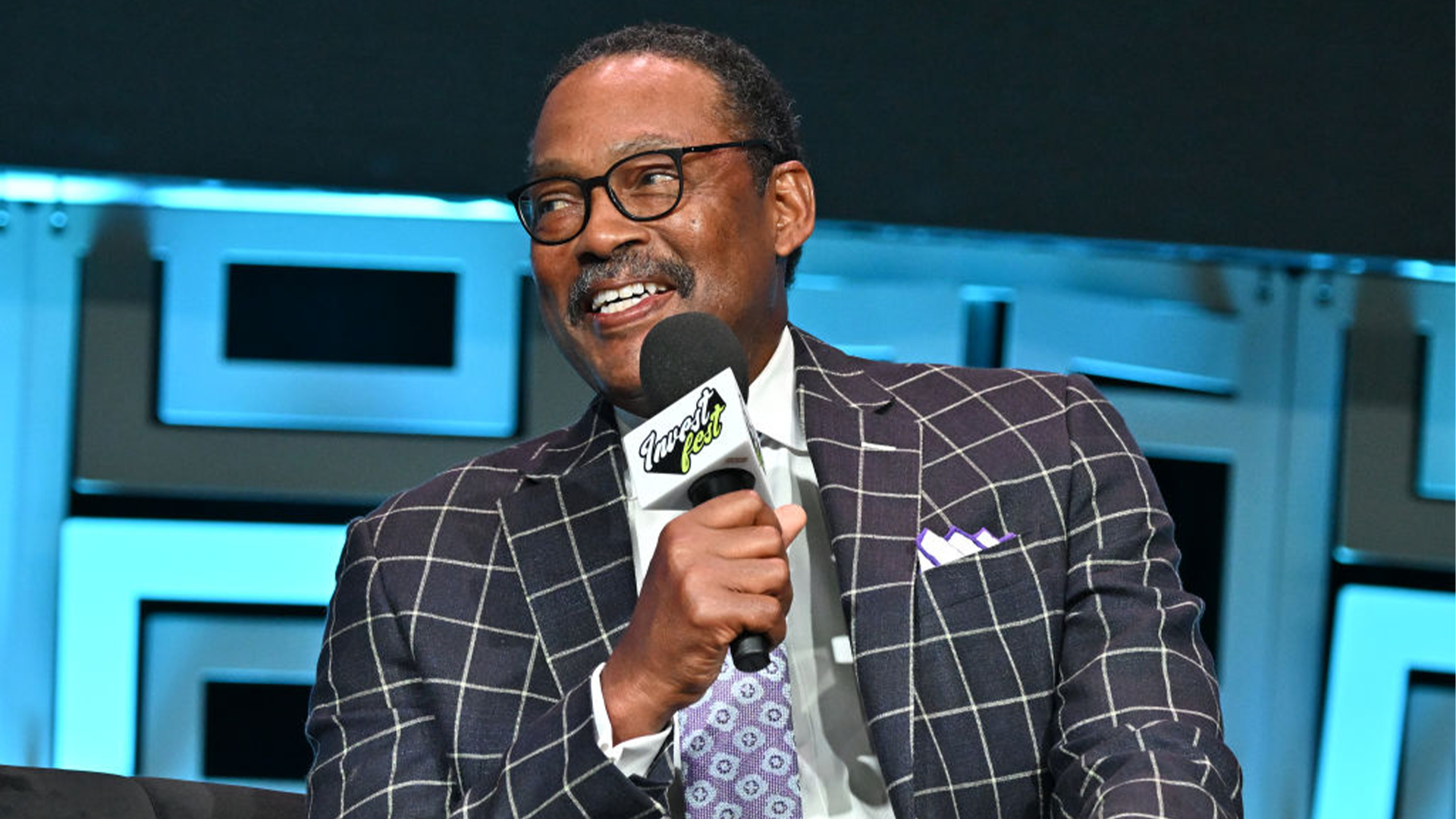This past Wednesday, Amazon announced in a blog post that they’re placing a one-year ban on police’s use of facial recognition technology.
Part of their statement goes as follows:
“We’ve advocated that governments should put in place stronger regulations to govern the ethical use of facial recognition technology, and in recent days, Congress appears ready to take on this challenge. We hope this one-year moratorium might give Congress enough time to implement appropriate rules, and we stand ready to help if requested.”
This announcement could be in response to the protests and uprisings that have occurred as a result of all the recent police killings and brutality.
Although their statement postpones their involvement in endorsing this technology for law enforcement for a year, it doesn’t address what will happen once the ban expires.
On the heels of this announcement, many were outraged at the time limit placed on the ban, expressing that it’s not enough to simply forbid the sale of the technology for one year.
Racism has been postponed to 2021! Thank you Amazon https://t.co/SzBfCYniND
— #BreadBae (@EatWithNia) June 11, 2020
According to BuzzFeed News, activists for years have demanded that tech companies stop selling facial recognition to police, but only this week have those companies taken action.
They also reported, IBM CEO Arvind Krishna announced that his company will no longer sell or provide facial recognition to law enforcement and halt research on said technology.
Krishna condemned the technology in a letter to Congress stating it’s used “for mass surveillance, racial profiling, violations of basic human rights and freedoms.”
The New York Times stated Rekognition — Amazon’s facial recognition technology — was introduced in 2016 as a “low-cost, highly scalable way to identify images,” including people in large databases. Not long after, they began pitching the tech to police departments as a means to help their investigations, and law enforcement agencies ended up adopting it.
According to The New York Times, a report was released in 2018 that stated academic researchers found racial bias in facial recognition systems, which sparked campaigns from many to ban such systems. This same report also revealed that facial technologies created by IBM and Microsoft were able to correctly identify the gender of white men in photos nearly 100 percent of the time, but less accurate when identifying the gender of darker-skinned women.
Since then, the ACLU has led a campaign to stop Amazon from producing this racist technology and selling it to law enforcement. They further supported their campaign by obtaining documents that proved Amazon was “aggressively marketing its technology to law enforcement,” The New York Times reports.
According to Rep. Jimmy Gomez, one of the lawmakers misidentified in the ACLU test, met with Amazon more than a dozen times to address this issue. He also shared that Amazon has been known to be “less open to criticism” than that of their tech peers.
“They were avoiding taking any responsibility for their technology in my opinion,” Mr. Gomez said, following the company’s announcement on Wednesday. “They always had some excuse.”
“Amazon can sense that the American people don’t want platitudes when it comes to dealing with disparities right now. They want concrete action,” Gomez said.
Jeff Bezos, founder and CEO of Amazon, has been under extreme scrutiny the past few weeks for his ill-mannered comments toward the Black Lives Matter movement.
Despite his supportive public statements, his actions clearly state otherwise and people have taken notice of it.
“It is opportunistic of Amazon to use this moment to make empty and hypocritical statements when it is simultaneously building the backbone for many police departments across the country,” Jacinta Gonzalez of Mijente, a grassroots organizing group, told The Guardian. “The company perpetuates policies and technologies that are clearly targeting and harming Black and brown communities.”
Furthermore, Amazon’s employees have also expressed their distaste for the company’s actions.
Amazon Employees for Climate Justice, a group of employee activists, claimed that fellow employee Chris Smalls was fired for organizing a protest against unsafe work conditions at the start of the COVID-19 outbreak. They’ve also noted the company’s relationship with Black and brown employees is all but positive.
Black Enterprise reported a quote from the group stating:
“Actions speak louder than words. Amazon’s words mean nothing when they are firing Black employees organizing for better working conditions, when leadership planned racist smears against Chris Smalls, calling him ‘not smart or articulate’, when they deny our call for racial equity assessments in their business decisions and eliminating the environmental racism of its pollution, when they supply facial recognition software and Ring surveillance video access to police departments that are killing black people with impunity.”
Amazon’s deteriorating relationship with Black and brown communities is proof that their actions as of lately are simply performative ways for them to save face.
We can only hope this banned sale of discriminatory technology will enact some change in policies and methods practiced by law enforcement.
















